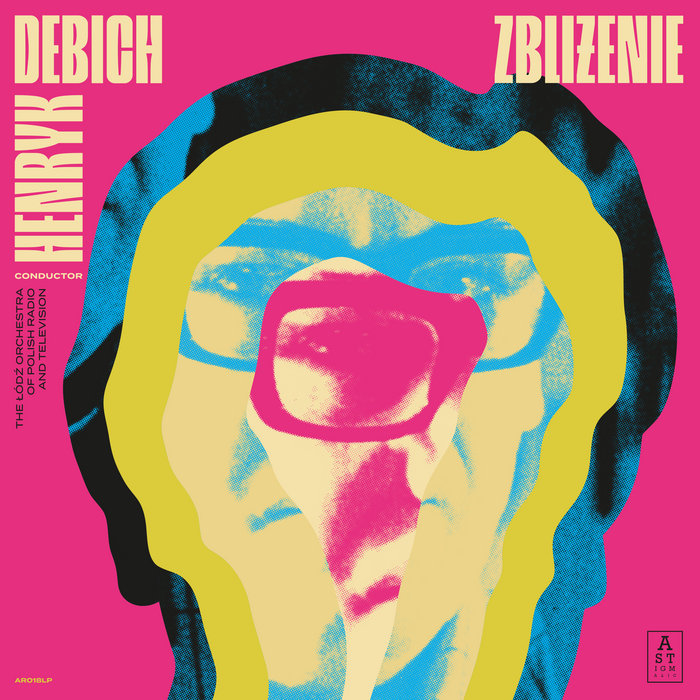
Zbliżenie – Henryk Debich
this blog is GROOVY – check out great Soul, Funk, Jazz, Hip Hop, Bass, Breaks , Reggae, House n many more TUNES
Ah, Polish funk! It’s a genre that grooves its way into your heart and makes you want to move your feet! Buckle up as we take a funky ride through the colorful history of this unique musical style.
Funk music originated in the United States during the late 1960s. Artists like James Brown and Sly Stone laid down the funky rhythms that would later inspire countless bands across the globe, including those in Poland. In the early 1970s, as communism reigned over Eastern Europe, musicians began to find ways to express themselves amidst political constraints. Enter Polish funk—a delightful blend of Western influences with local flavor!
Polish artists started experimenting with funk rhythms while incorporating traditional Polish sounds. Think brass instruments shining bright under disco lights, or soulful vocals singing melancholic yet groovy tunes. Bands like Breakout and Osjan paved the way for future generations—spicing things up with jazz fusion and rock elements.
The late ’70s was when things really got funky in Poland! Thanks to a relaxation of censorship following Gierek’s rule, musicians felt more freedom to explore different styles, leading them straight into disco-funk territory. Iwona Węgrowska became an icon with her electrifying performances at festivals; she could get even tired party-goers on their feet!
One notable band from this era was Czerwono-Czarni, known for blending rock vibes with tight horns that blasted all over Warsaw’s streets! Their hit “Gdyby wszyscy ludzie na świecie” had everyone shaking what their mama gave them while pondering about world peace—it was deep but also totally danceable!
Did you know? Legend has it that one member from Czerwono-Czarni once forgot his lines so badly during a live gig that he just started beatboxing instead! He ended up starting an impromptu jam session, which turned out better than anyone expected—talk about turning mistakes into funky gold!
As we moved towards the end of the century and approached Y2K (remember those fears?!), Polish funk saw another wave of resurgence alongside hip-hop and electronic music. Bands like K.A.S.A mixed upbeat tempos with catchy lyrics while Liroy brought rap-infused elements into their tracks—there’s nothing quite as groovy as rapping over slick bass lines.
With vibrant concerts popping all around cities like Kraków and Gdańsk, people craved feel-good tunes loaded with infectious energy—they danced until dawn without any regrets (or memory)! During this time, DJs began remixing classic hits from earlier decades making old school sound fresh again.
You won’t believe it but back then there were wild dance-offs between older generation fans who loved traditional music vs young folks busting moves inspired by American street culture—all set against soft pastel-painted walls at community centers after-hours parties where no one cared if they stepped on each other’s toes!
Fast forward to today! Although genres have blurred together more than ever before thanks largely due technology advances—the spirit remains strong within Polish funk communities across both underground scenes nationwide & major festivals alike such as Open’er Festival & Audioriver Festival featuring funktastic acts every summer!
Artists now fuse modern influences such as electronic beats or trap sounds yielding fresh takes on classic grooves—but many still uphold roots paying homage through recreation shows dedicated solely covering golden oldies crafted years past reminding audiences why they fell head-over-heels first place—that feeling never stops growing either when you’re dancing right along beside good pals rocking out under neon lights flashing everywhere around you—incredible vibes only happen here folks !
Here’s something funny—a well-known contemporary group called Dżem, famous for their relaxed jam sessions often invites fans onto stage during performances—sometimes spontaneously asking someone random out front who appears stricken by nerves (“come on buddy—you can do it!”). More times than not these brave souls take center stage belting out notes off-key whilst shaking wrists awkwardly filled most probable beer cups spilling everywhere… yet nobody seems bothered because hey—it’s FUNK night baby!!
So there you have it—a whirlwind tour through polish funk history sprinkled liberally great laughs along way too ! From its humble beginnings influenced directly by social movements throughout several tumultuous decades till present-day celebrations packed pulsating crowds always ready shake what they’ve got come rain shine sweet harmony brings forth each groove connecting hearts minds generations wherever life leads us next . Keep dancing friends ! 🎶✨

Zbliżenie – Henryk Debich